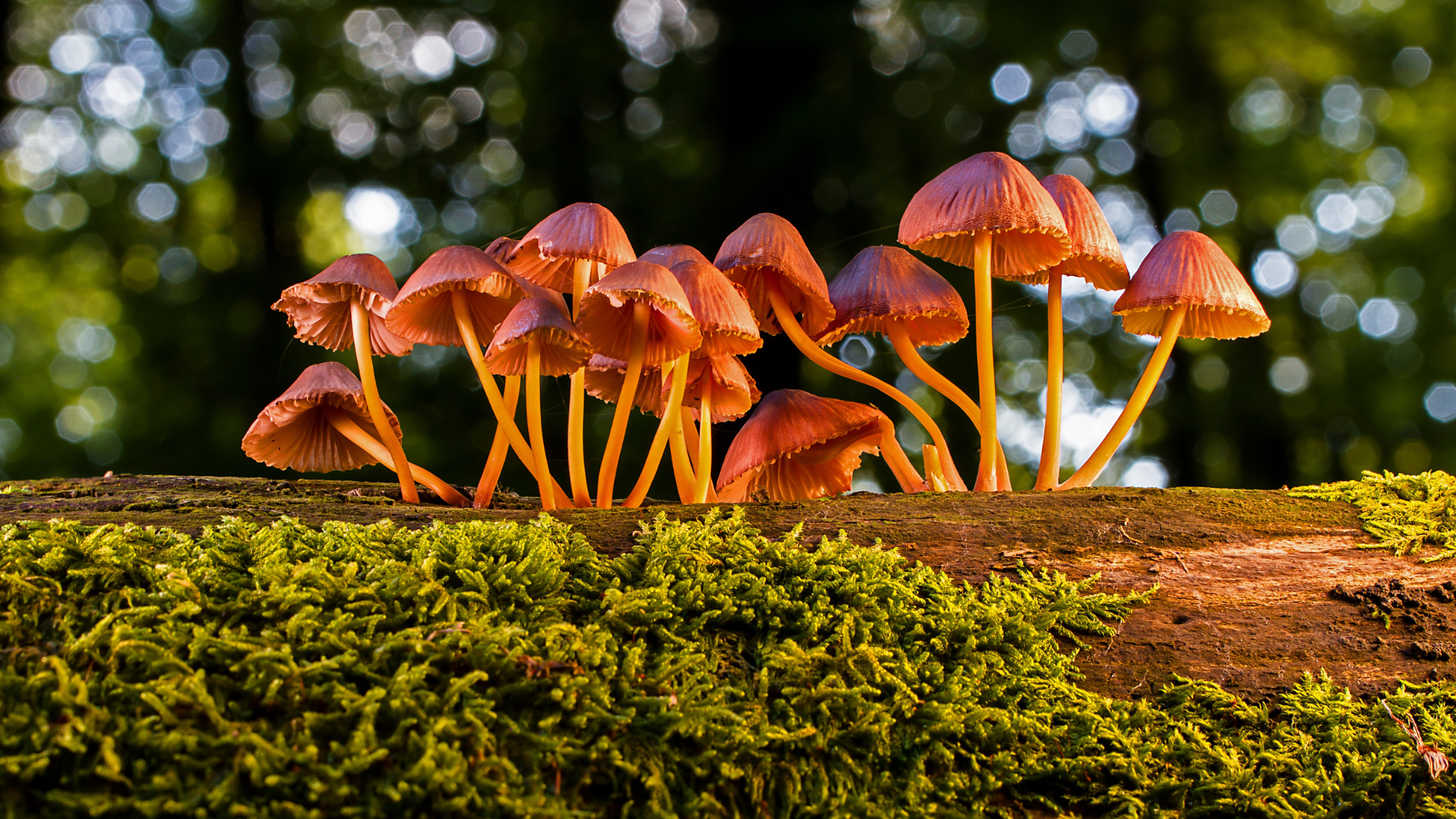What is the stoned ape theory?
Origins of the stoned ape theory
Let’s kick things off with the basics: the stoned ape theory is one of those wild ideas in the world of evolutionary science that’s just too intriguing to ignore. Coined by ethnobotanist Terence McKenna in the late 20th century, this theory suggests that our ancestors’ encounter with psilocybin mushrooms played a critical role in the evolution of human consciousness. According to McKenna, these “magic mushrooms” weren’t just exotic snacks—they might have given ancient humans unexpected cognitive upgrades.
Now, before you start imagining crowds of ancient hominids at a wild mushroom party, remember that the theory isn’t without skeptics. Mainstream scientists, for the most part, aren’t fully convinced by McKenna’s arguments, pointing out that there’s not a mountain of hard evidence. Still, the idea remains popular in certain circles, mostly because it’s imaginative and asks questions about the unique path our species took.
What is psilocybin and how does it work?
Psilocybin is the active psychedelic compound you find in certain species of mushrooms—yeah, those famous “magic mushrooms.” When you eat or brew these mushrooms, your body converts psilocybin into psilocin, which then dances around in your brain, tweaking chemistry and triggering all kinds of visual, sensory—and sometimes, spiritual—effects. People have used psilocybin in rituals, healing, and exploration for thousands of years, with results ranging from wild visions to a sense of deep connection to the universe.
Curious? Confluence offers psilocybin retreats in Oregon, within a safe and legal framework. Book your exploration call.
What does any of this have to do with human evolution? Well, McKenna proposed that eating these mushrooms could have made our ancestors more alert, creative, or social. Maybe psilocybin made it easier for early humans to communicate or even generate language and art—at least, that’s how the story goes. It’s a heady mix of anthropology, neurochemistry, and a dash of speculative fiction.
Arguments for and against the stoned ape hypothesis
Fans of the theory love pointing out psilocybin’s effect on creativity and problem-solving, citing studies where modern humans report feeling more connected, imaginative, or open to new ideas after a psychedelic experience. Could a regular dose of such mind-expansion have fueled the creative sparks that made us human? It’s definitely a fun, if controversial, idea to entertain while pondering the mysteries of human evolution.
We recommend that you see: Can magic mushrooms unlock the secrets of consciousness?
On the flip side, critics argue that while psilocybin’s effects are interesting, there’s no direct evidence tying mushroom consumption to brain development or language. Evolution is messy, and there are just too many factors at play. Ultimately, the stoned ape theory sits at the intersection of science, myth, and mind-expanding curiosity—reminding us to keep asking weird, wonderful questions about what makes us human.
For more information and to tailor a program that meets your needs schedule a free Exploration Call and don’t forget to follow us on Instagram. We are committed to providing a safe, nurturing, and transformative experience.

